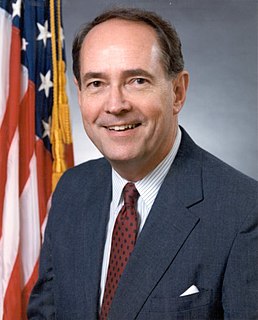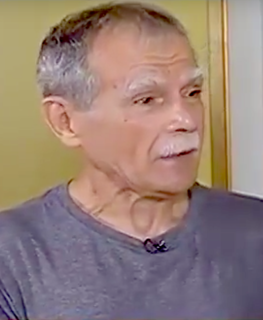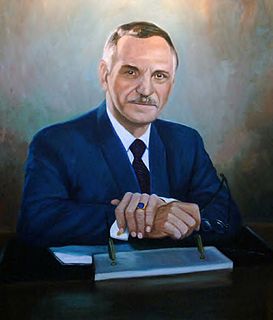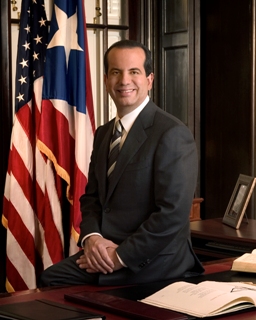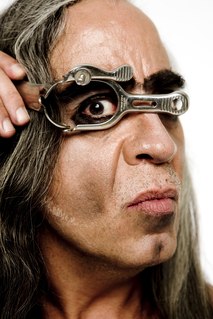A Quote by Dick Thornburgh
It is quite understandable that Puerto Ricans seek to preserve a cultural sense of identity without separating politically from U.S. national sovereignty.
Related Quotes
I believe, as a Puerto Rican, that the majority of Puerto Ricans want to be Puerto Ricans. Once we become annexed to the United States or by the United States, that we will lose our national identity. I can look at Hawaii as an example of people who lose, the Natives who lose their identity. I can look into the Native American reservations and see people who lose their national identity, their culture, their language, their land. And that's what's going to happen to Puerto Ricans here.
I believe that the overwhelming majority of Puerto Rico wants to be Puerto Ricans. I have been in five different states in the United States, and I have found young Puerto Ricans in the states who really love Puerto Rico, who really want to do something for Puerto Rico. And for me, Puerto Rico has to be the promised land of all Puerto Ricans, whether we are in the United States or wherever we are at. But this has to be the promised land. Annexation will never be the answer.
I am surprised at the number of Puerto Ricans that are moving out of Puerto Rico still. I thought that, by now, the immigration of Puerto Ricans had decreased a little bit. But, no, with a hurricane, it has increased even more. So, I see the financial institutions, especially the hedge funds, moving into Puerto Rico with all the - with all the force, knowing that their investments towards the future are going to be multiplied or probably elevated to quantities beyond any notion of how capital works.
Elijah Muhammad teaches us the truth of God beautified the planet by separating everybody in different countries for themselves: Chinese in China, English in England, Puerto Ricans in Puerto Rico, Ethiopians in Ethiopia, Arabians in Arabia, Egyptians in Egypt, and Americans took that country and stole it away so there's always going to be trouble and chaos.
The identity of just one thing, the "clash of civilization" view that you're a Muslim or a Hindu or a Buddhist or a Christian, I think that's such a limited way of seeing humanity, and schools have the opportunity to bring out the fact that we have hundreds of identities. We have our national identity. We have our cultural identity, linguistic identity, religious identity. Yes, cultural identity, professional identity, all kinds of ways.
Puerto Ricans are U.S. citizens, but by their own choice, Puerto Rico is not a state. The relationship has worked well for Puerto Rico - which has strengthened its culture, language and economy - and for the United States, which has helped create in Puerto Rico a showcase of democracy and prosperity for all of Latin America.
I think that there are times when Puertoricans think, "Oh, we are blessed with the relationship with the U.S." But the end result will not be that. If Puerto Rico becomes similar to Hawaii - well, the Hawaiian Native population is about 9 percent. And if we go to the prisons, the overwhelming majority of the prisoners are the Natives. So I can anticipate that Puerto Ricans will not be better off by the annexation of the U.S. of Puerto Rico. I also know for a fact that once any nation or any people lose their identity, their language, their lifestyles, that they are a little dehumanized.
The term Hispanic, coined by technomarketing experts and by the designers of political campaigns, homogenizes our cultural diversity (Chicanos, Cubans, and Puerto Ricans become indistinguishable), avoids our indigenous cultural heritage and links us directly with Spain. Worse yet, it possesses connotations of upward mobility and political obedience.
It would be wrong to interpret the growth of British national consciousness in this period in terms of a new cultural and political uniformity being resolutely imposed on the peripheries of the island by its centre. For many poorer and less literate Britons, Scotland, Wales and England remained more potent rallying calls than Great Britain, except in times of danger from abroad. And even among the politically educated, it was common to think in terms of dual nationalities, not a single national identity.
